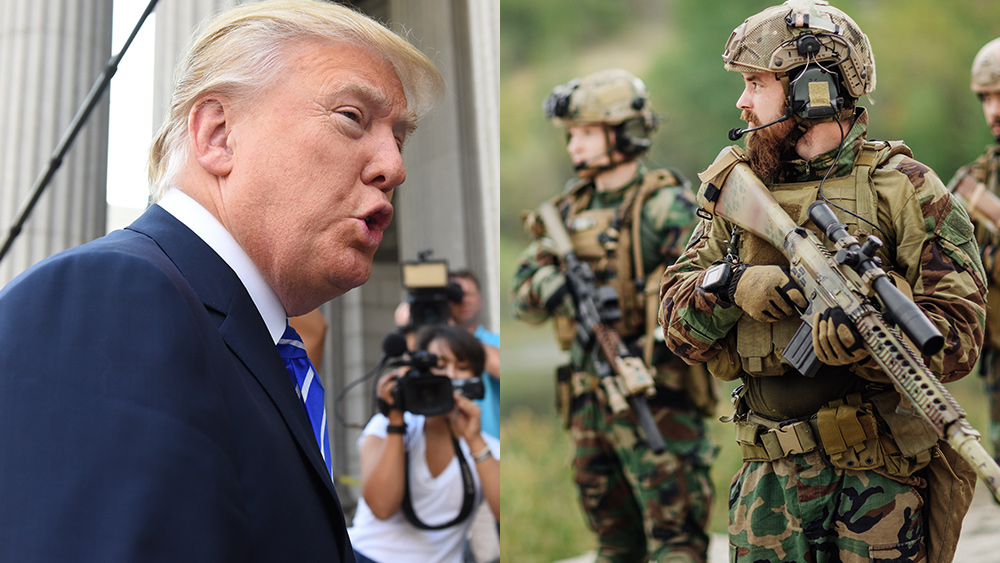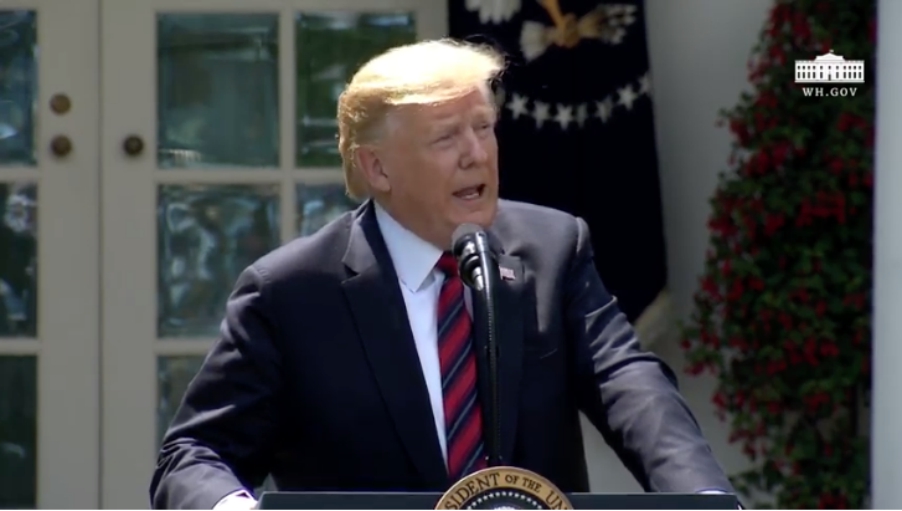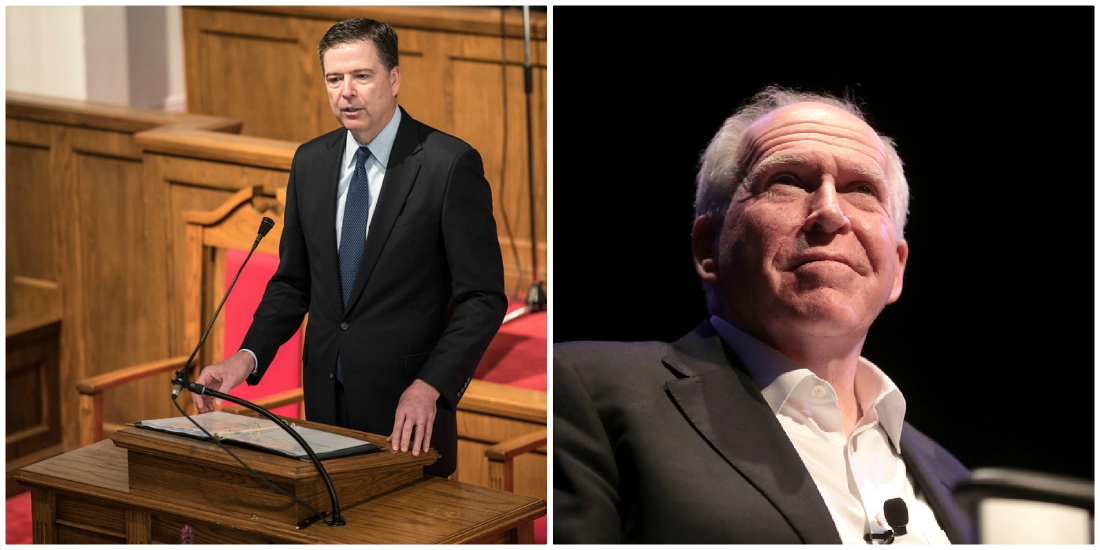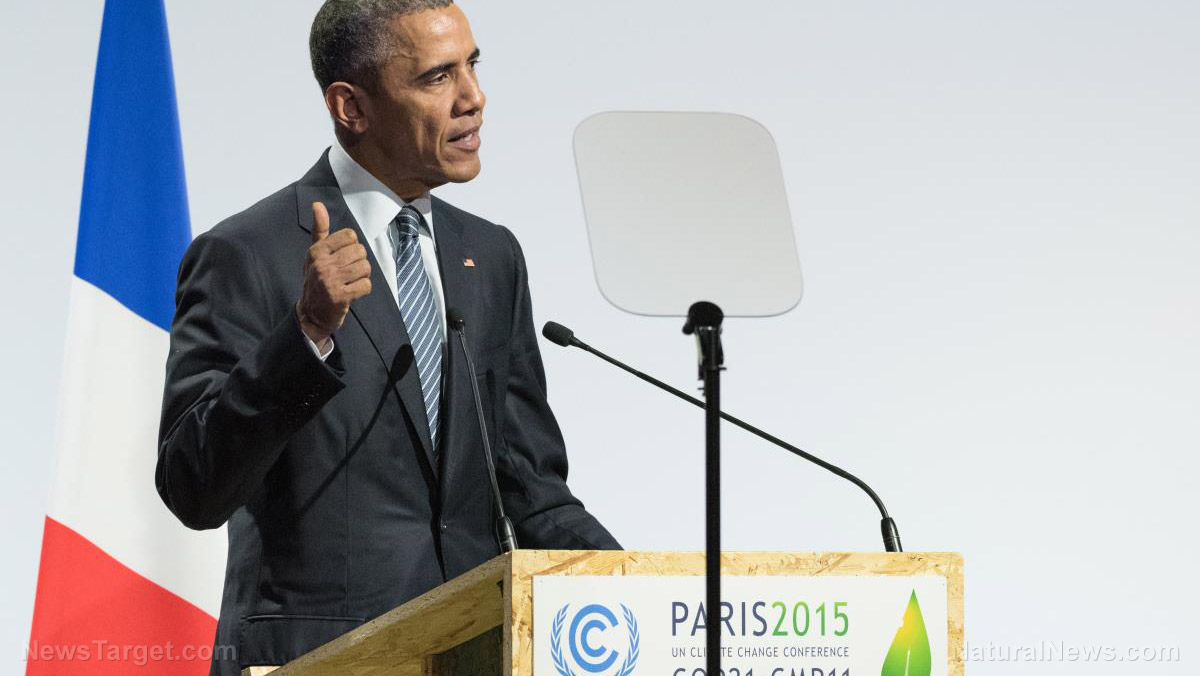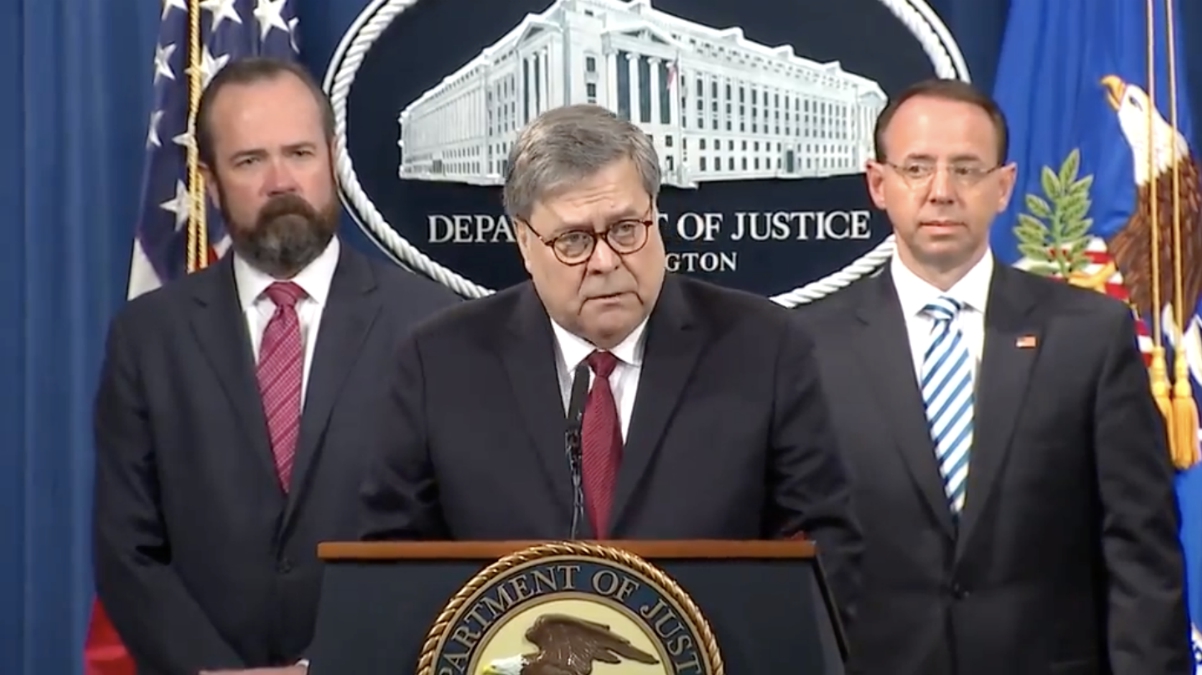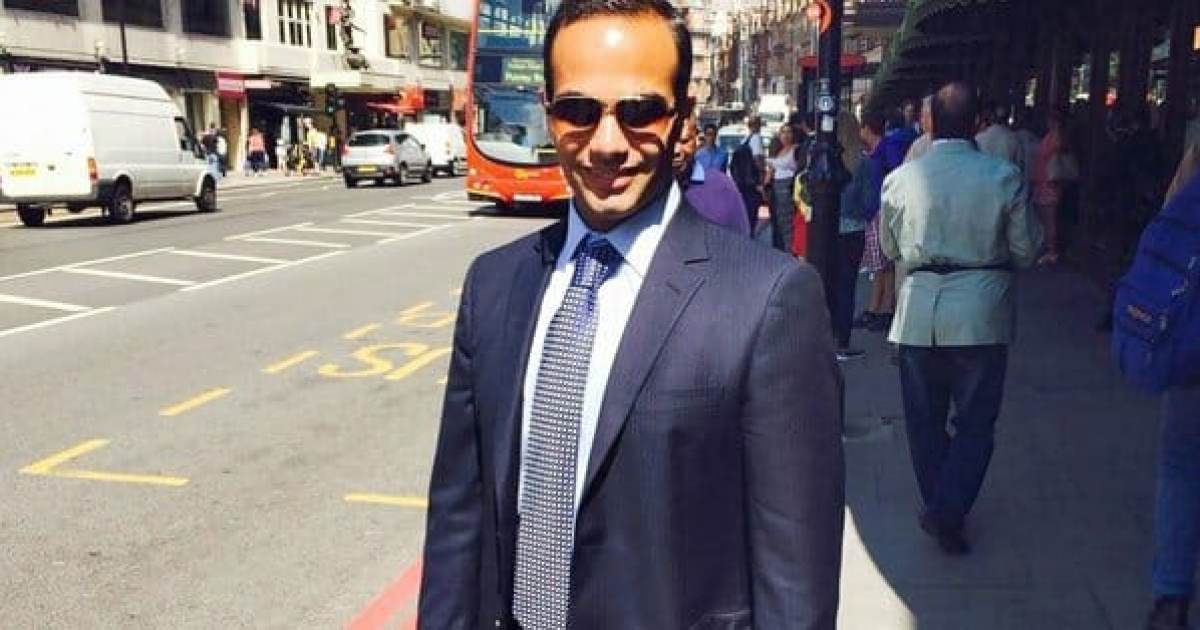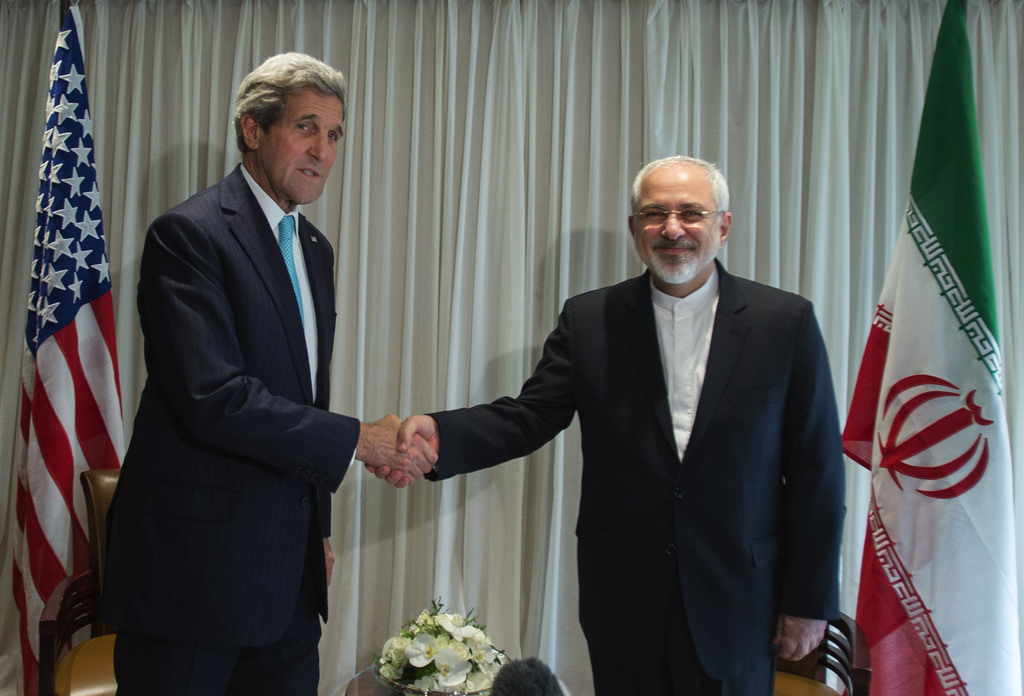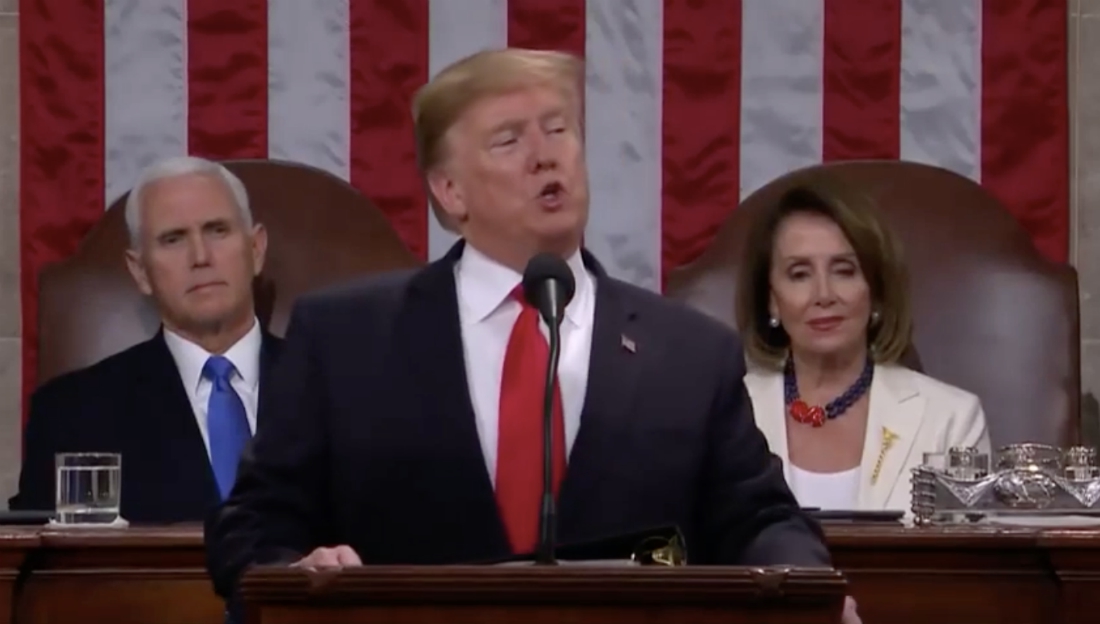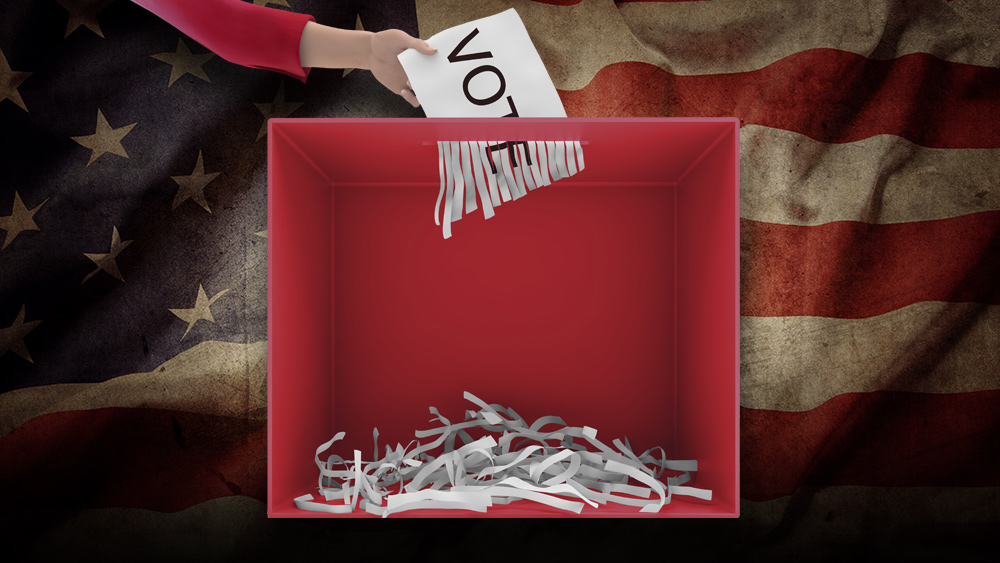Here’s proof that the Democrats are HELPING Russia undermine our political system and national security just to “get Trump”
02/12/2018 / By JD Heyes

I’ve not been a big fan of The New York Times’ coverage of President Donald J. Trump because I feel like the paper has gone out of its way to portray him in as negative a light as possible, even to the extent of publishing no small amount of fake news regarding the president and his administration.
But on Saturday the Times published one of the most balanced reports involving the president and the subject of Russian espionage that I’ve seen in quite some time. And in doing so, the paper made it clear that the Democrats’ never-ending narrative that Trump “colluded with Russia” to “steal the election” from Hillary Clinton is not only undermining his presidency putting our national security at risk.
The Times reported that U.S. intelligence agents spent several months last year cultivating a Russian source who claimed he had in his possession stolen cyberweapons developed by the National Security Agency for use in penetrating Russian, Chinese, Iranian, North Korean and other countries’ strategic computer systems. Following a 15-month investigation, NSA officials said they believe that Russia was behind the theft.
After some months, U.S. spies were essentially bilked out of $100,000 by the shadowy Russian figure who not only promised the stolen NSA cyber weapons but “also…compromising material on President Trump, according to American and European intelligence officials.” (Related: Russian operative CASHED IN with US spy agencies; $100K payday after promises to deliver cyberweapons and TRUMP DIRT.)
At this point, I was tempted to stop reading the story because I thought, “Here we go again; the same ‘trumped’ up ‘Russian collusion’ charges but with a new twist.” But I was in for a surprise.
The Times noted that the Russian figure was paid his first $100,000 stipend in a Berlin hotel room in September 2017; I say “first” because the deal was worth $1 million, provided he actually possessed and then turned over the cyber weapons.
The paper also noted this very early in the story:
Several American intelligence officials said they made clear that they did not want the Trump material from the Russian, who was suspected of having murky ties to Russian intelligence and to Eastern European cybercriminals. He claimed the information would link the president and his associates to Russia. Instead of providing the hacking tools, the Russian produced unverified and possibly fabricated information involving Mr. Trump and others, including bank records, emails and purported Russian intelligence data.
Fair enough. But then, in the very next paragraph, the Times reported:
The United States intelligence officials said they cut off the deal because they were wary of being entangled in a Russian operation to create discord inside the American government. They were also fearful of political fallout in Washington if they were seen to be buying scurrilous information on the president.
There’s more. Later in the story the Times detailed some of the alleged “evidence” the Russian operative said he had, noting each time that a) U.S. intelligence officials did not believe it to be valid; and b) that they were highly suspicious of the “evidence” in the first place, based in no small part on the fact that nothing could be verified and they were more interested by far in retrieving the stolen cyber weapons.
But here’s where it gets interesting. The Times then reported:
American intelligence agencies believe that Russia’s spy services see the deep political divisions in the United States as a fresh opportunity to inflame partisan tensions. Russian hackers are targeting American voting databases ahead of the midterm election this year, they said, and using bot armies to promote partisan causes on social media. The Russians are also particularly eager to cast doubt on the federal and congressional investigations into the Russian meddling, American intelligence officials said.
Part of that effort, the officials said, appears to be trying to spread information that hews closely to unsubstantiated reports about Mr. Trump’s dealings in Russia.
In other words, Russian intelligence agencies are using the Democrats’ false ‘collusion’ narrative to further inflame partisan tensions that lead to a distrust of our political system and institutions, which resolutely is a threat to social stability and, as a result, our national security.
Democrats are doing this, not Republicans. And the Russians are using the Democrats’ fake narrative to weaken our social and political trust.
That’s why Robert Mueller’s “collusion” investigation has to end, and why the various congressional committees investigating the same thing must publicly announce they’ve completed their probes and no such collusion evidence has been found (because it never existed).
J.D. Heyes is editor of The National Sentinel and a senior writer for Natural News and News Target.
Sources include:
Tagged Under: Collusion, collusion hoax, democrats, espionage, fake narrative, hoax, hurting the country, national security, President Donald J. Trump, President Trump, Russia, Russian collusion, White House
RECENT NEWS & ARTICLES
COPYRIGHT © 2017 WHITE HOUSE NEWS

